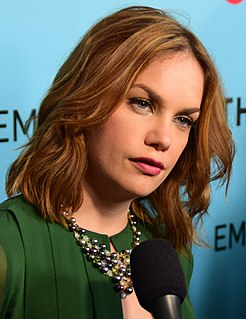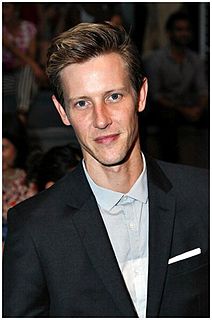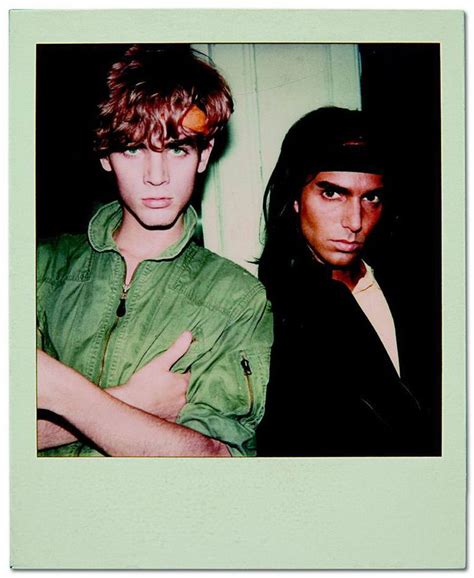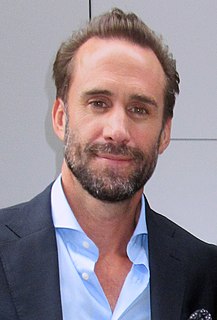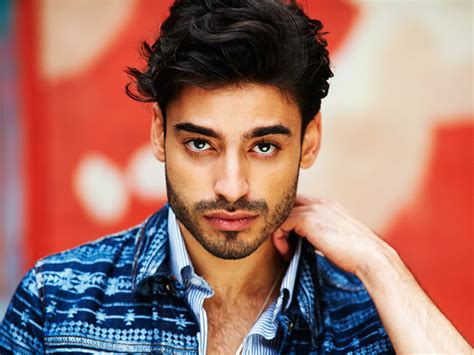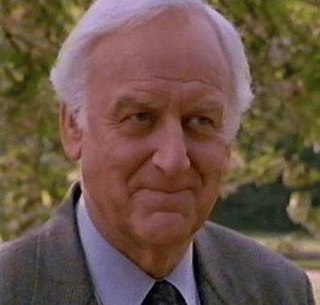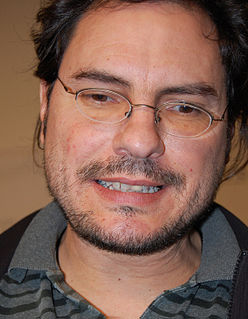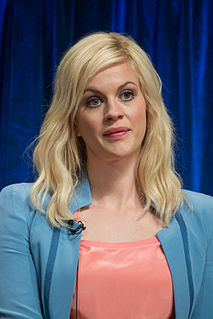A Quote by Jake Paul
My dad gave my brother and I a camera to film our football games when we were 10 years old so we could see how we could get better. Then one day, we decided to pick up the camera and film whatever we were doing.
Related Quotes
Once digital came, I could see my images instantly right there on the camera. I think that makes you a better photographer because you can see right there if your subject's eyes are closed or if you exposed it wrong and if it's too bright or dark. You can fix it right here. With film, you wouldn't know until you got the prints back if something was messed up, and then there was nothing you could do. That was a huge advantage.
I know when I watch a film at this point, if I completely lose myself in the characters and the story and the world of the film I know that it's at least in my opinion, that was great. Otherwise I'm thinking: "Oh I know they were just doing A, B and C, right before they walked into the scene, then the camera was there, then they probably took the shot from this reverse close-up and moved it into this." When all of that drops away then I'm like: "Okay this was phenomenal, this was fantastic." I mean, any film or TV performance in general is probably good.
At the beginning, Edo was a photographer, and I was more of a talent scout and doing styling and modelling. Then all of a sudden, in 1977, he gave me a Polaroid camera, and I discovered that instead of having to go to a lab and develop the film, I could just take a click and get a picture! It was genius, and I was very good at manipulating it.
'How do you balance the creative with the biblical?' One could pick up the scripture and read it to oneself and you would be communing directly with that information. As soon as you go into film, as soon as there's a camera, and there's an angle, and there's lighting, and there's editing, you're into the adaptation.
When I was writing the script, I knew didn't want to make a sports movie. I was very clear that I wanted to make a sibling rivalry story. So when I was writing the script, the football was getting in the way of the drama. One day, I saw Michael Haneke's Funny Games, which is probably the most violent film I've ever seen - but the violence is off camera. When I finished watching the film, I said, 'Hey, that's what I have to do.' Haneke gave me this solution.
The difference between an amateur and a professional photographer is that the amateur thinks the camera does the work. And they treat the camera with a certain amount of reverence. It is all about the kind of lens you choose, the kind of film stock you use… exactly the sort of perfection of the camera. Whereas, the professional the real professional – treats the camera with unutterable disdain. They pick up the camera and sling it aside. Because they know it’s the eye and the brain that count, not the mechanism that gets between them and the subject that counts.
My current project was shot on film, and because of that I've spent my entire day removing dust-specks from negatives. You wouldn't have to do that on digital because you don't get dust on the scanner. I say to myself, "Why am I doing this all day?" I could have just bought a digital camera and I wouldn't have to remove dust-specks ever again. But when you move closer to a film image, it has a real truth to it. And I really like that.
I went to Art College and during the summer I made a movie with my brother. I got hold of a little camera, wrote a script and dragged my brother, Tony, out of bed to help me (which he did not like), so that we could shoot a film every day for six weeks. It was made for £65 and it was called Boy On A Bicycle.





